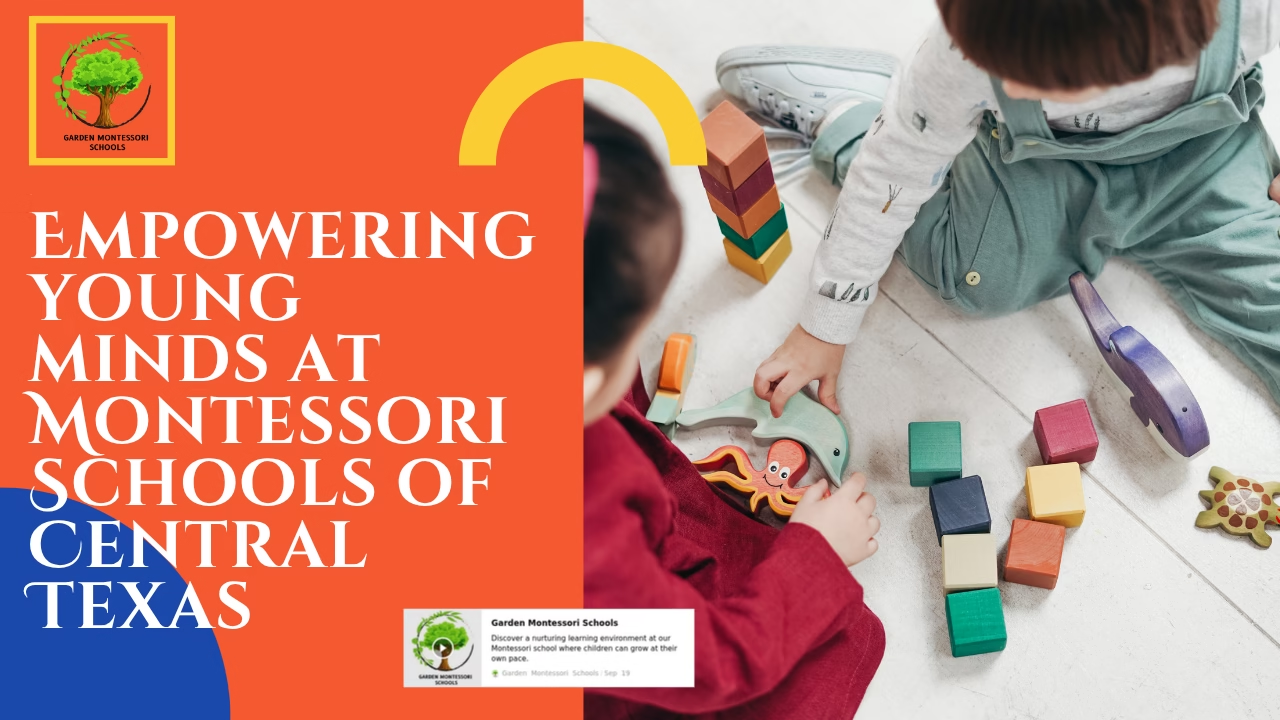It is noted that the world today offers children relentless distractions and thus creating separate calm spaces for children to attain social, emotional and cognitive maturity helps children flourish.
Mindful Parenting – What Is It And How Will It Change Your Life?
Mindful Parenting shifts the problematic disengagement of children by absence of attention focusing on phones or television, and gives the parent the opportunity of attending to their child.
The parent is provided a safe non-interfering zone enabling basic unconditional love towards the child.
Neurologist Doctors argues Mindful Parenting is a better parenting style as it does not impose arbitrary rules, tensions and unhealthy control devoid of affection which results for many parenting guides.
Having this kind of parenting approach helps children learn how to identify emotions, manage stress, and develop self-esteem. It also allows parents to become more self-aware and manage emotional triggers, thus effectively handling conflict.
Families that adopt this parenting technique reduce their stress and improve their overall communication, relationships, and interactions. In today’s fast-paced and chaotic world, mindful parenting fosters family calmness, mental clarity, and tranquility.
Mindful Parenting: Incorporation into Daily Life
Mindful parenting can start with small steps that are easy to integrate into daily life. Whenever possible, try to talk to your child at a deeper level.
Listen without interruption. Create a space by putting away phones and other distractions. Notice how you react to stress and intentionally breathe before reacting.
Set aside time for self-care, a key aspect of conscious parenting. Supporting your child becomes impossible if your emotional resources are depleted.
Taking care of oneself helps cultivate the inner nurturer, and makes engaged parenting easier. Whether through meditation, journaling, or simply thinking quietly, self-care enables filled emotional reserves for engaged parenting.
To create a nurturing environment, practice turning the tables and seeing the world from your child’s perspective. Discuss topics that require more than yes or no answers and acknowledge their emotions.
Even when discipline is inevitable, approach your child with a stance of genuine curiosity instead of resentment. All of these small, consistent actions build and maintain a caring atmosphere that makes conscious parenting natural.
The Positive Impact of Mindful Parenting on Child Development
Practicing mindful parenting enriches every dimension of healthy child development. Through emotional availability and attunement, mindful parenting allows parents to be present and engaged, making children feel safe and understood.
This emotional safety net is crucial for childhood developmental milestones, since it nurtures the development of secure attachments, which greatly influence the ability to foster healthy relationships later in life.
With appropriate observation and guidance, kids are taught to acknowledge, express, and manage emotions, thereby increasing self-control and focus while minimizing behavioral challenges.
Studies have shown that children who are raised within a mindful parenting approach generally do better in school and are able to bounce back faster from challenges. Learn more in this article.
Another benefit is lower anxiety and stress. Children absorb the emotional climate of their home.
A soothing, consistent emotional climate supports both parents and children in feeling anchored and safe.
The benefits of mindful parenting help cultivate an environment that promotes respect and calm which helps build self-confidence and trust for both the parent and the child. In the long run, this is foundational in encouraging a generation with higher emotional intelligence.
Obstacles to Mindful Parenting and Solutions
Every parenting strategy, comes with some benefits. However, advantages of mindful parenting will only be achieved by overworked parents if they learn to stay present for their children’s lives.
Exhausted parents may feel the need to go on autopilot throughout their life due to physical and mental fatigue. For whatever reason, mindful parenting encourages us to notice the beautiful moments in life and actively work towards self-improvement.
Simultaneously controlling your emotions and those of your children presents yet another challenge to mindful parenting. This approach strives to help parents manage their feelings while soothing their children’s emotions.
Mindful conflict resolution and mindful parenting both have well-defined terms that center around problem acknowledgment and solution, which is in itself, an obstacle that is transformative in nature.
Mindful challenges or mindful gratitude can be done from church, social gatherings, or during mid-day musings and evening reflections of gratitude to God. Social wrapping assists in connecting you with the parenting community.
Reading targeted books or listening to self-help podcasts that align with your motto help provide progressive tools focusing on perfection-free progress.
FAQ’s
Is there a certain age or group of people capable of mindful parenting?
This practice can be used at any age. With toddlers and teenagers there will certainly be differences, but the essence of emotional attunement stays the same.
Can mindful parenting help in resolving behavioral issues?
Certainly. Parents often report a reduction in tantrums, anger, defiance, and other emotional surges after understanding the child’s behavior and responding empathetically.
Do I need to meditate to assist with mindful parenting?
Not necessarily. While it may prove useful, more important is the engagement with children in the flow of life rather than in a quiet zone.
When should I practice mindful parenting?
Begin with listening without judgment to your child’s criticisms, soothing their emotions, and showing them patience. Intentional tiny changes without grand gestures will help.
Closing thoughts
Mindful parenting helps you actively support children in their ability to be calm, confident, and emotionally intelligent by staying connected and present. Everyday moments are to be the focus of your attention.
Step by step, small and consistent changes build enduring connections with your child.



